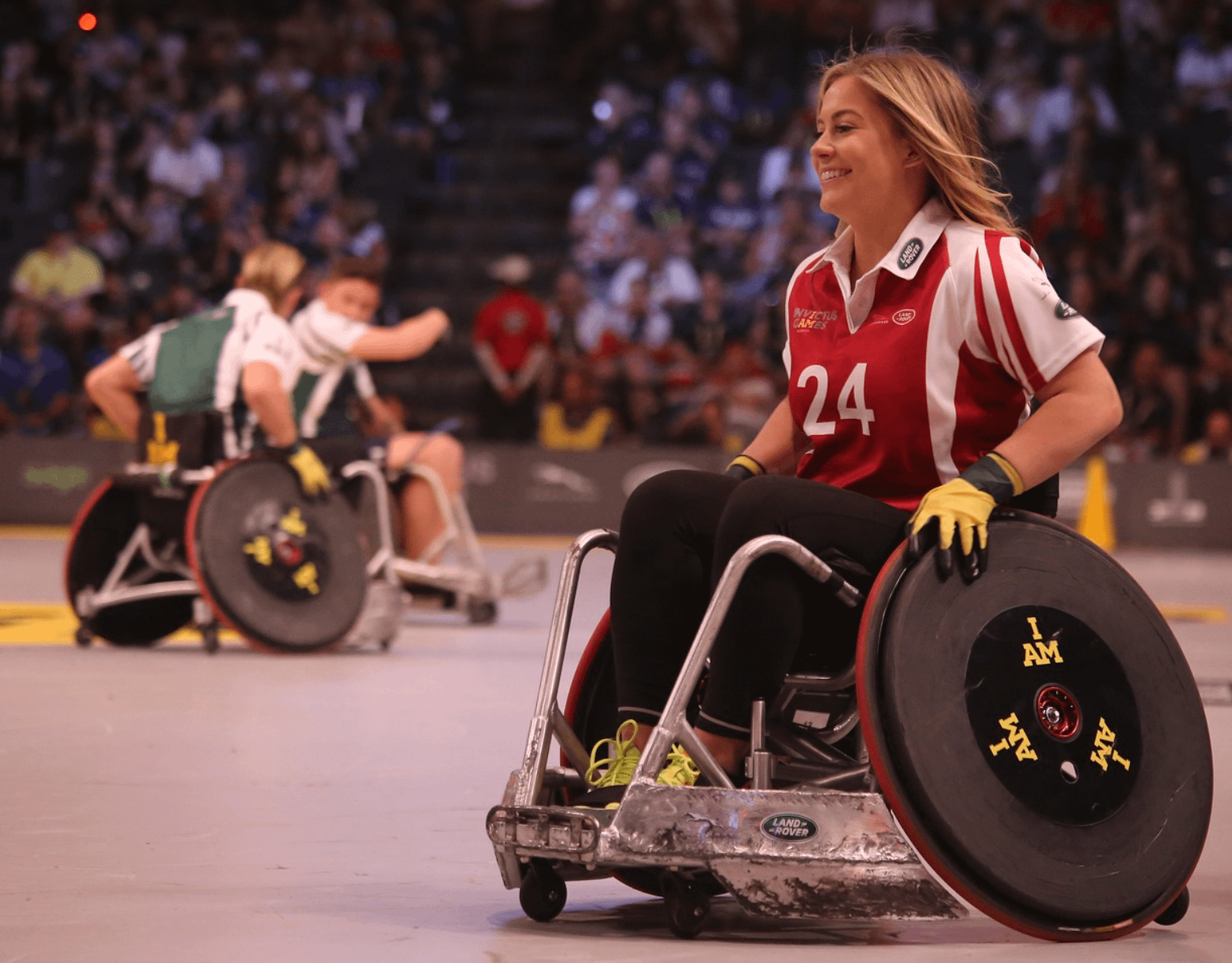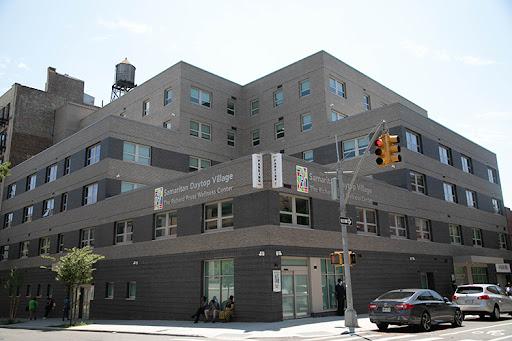By Carolyn Wolf
The Department of Education (“DOE”) recently issued a “letter” indicating that schools are obligated under the Rehabilitation Act to provide equal access by disabled and non-disabled students to athletic teams. The “letter” does not create any new laws or regulations, but rather expresses the DOE’s interpretation of the law. Naturally, the DOE’s interpretation is given great weight should these matters be argued in Court. The Rehabilitation Act, passed in 1973, is the law that prohibits discriminatory treatment towards the disabled by any institution that receives federal funding. The DOE’s rationale would be equally applicable to private schools pursuant to the Americans with Disabilities Act of 1990 (“ADA”), a broader law that applies to all entities whether they receive federal funding or not.
The DOE stated that school districts must adopt grievance procedures to allow for the swift resolution of disability discrimination complaints. The DOE also reiterated that the law supersedes any league, school, or school district policies that would render a student ineligible to participate in sports because of a disability. The letter went on to note that where the interests and abilities of disabled students could not be met with existing extra-curricular activities the school should create additional opportunities, like separate teams, for students with disabilities. Where a school does not contain enough disabled students to create a team or a league, the school should partner with other schools, or other districts to allow disabled students to fully enjoy sporting activities. Although, unnecessarily segregating disabled students from non-disabled students because of prejudicial beliefs about the abilities of disabled students is discriminatory and therefore violates the law.
School districts must make “reasonable modifications” to their existing rules and requirements to ensure that disabled students may fully participate in sports just like their non-disabled classmates. Examples the DOE gave of providing a reasonable accommodation is allowing for visual cues at the start of a track race if one of the racers is hearing impaired instead of using a gun; or relinquishing the rule that a swimmer must touch the wall with two hands, if one of the swimmers only has one arm.
The DOE noted that sports teams may still employ skill requirements and tryouts for teams. In other words, the law does not require that every disabled student be allowed to play on the sports team he or she chooses. However, where reasonable modifications can be made that do not fundamentally alter the sport in question the school must provide that modification to allow the disabled student to participate.
The requirements of the Rehabilitation Act and ADA in this area of school sports are rife with complexity and misunderstanding. If you are a student or school district trying to understand your rights and responsibilities please feel free to contact us for guidance and assistance at 516-328-2300 or email Douglas Stern, Esq. at [email protected] or Carolyn Reinach Wolf, Esq. at [email protected].





